France deploys troops, declares emergency state to quell New Caledonia protests
France has deployed new troops to New Caledonia and granted its forces more authority to crush unrest in the independence-seeking Pacific archipelago near Australia.
Pro-independence, largely Indigenous protests against a French plan to impose new voting rules on the territory have spiraled into the deadliest protests since the 1980s.
Three nights of clashes have left five dead and hundreds wounded, prompting French authorities to impose a state of emergency Thursday.
They also dispatched 500 additional troops to support 1,800 forces already deployed to the region.
According to a statement by the high commission, which represents the French state in New Caledonia, house searches will be carried out "in the coming hours".
Since the unrest began, more than 200 protesters have been arrested.
The high commission said France is establishing an "air bridge" to rapidly move in troop reinforcements.
In Paris, French President Emmanuel Macron offered to hold talks Thursday with New Caledonian lawmakers and called for a resumption of political dialogue.
The predominantly indigenous population, advocating for independence, is expressing their opposition to a French initiative that aims to implement new voting regulations.
The new bill will grant voting rights to French residents in provincial elections, who have resided there for a decade under the proposed legislation, which pro-independence leaders fear would dilute the Kanak vote.
New Caledonia was incorporated into the French Empire by Emperor Napoleon III in 1853, who was the nephew and successor of Napoleon. Following World War II, it was designated as an overseas territory and in 1957, all Kanaks were granted French citizenship.
Known for its palm-lined beaches and marine life-rich lagoon, New Caledonia sits atop around a quarter of the world’s known nickel reserves. Tourism and nickel are the territory’s two main sources of income. The region’s nickel deposits are estimated to represent 25 percent of the world’s.
The archipelago has been part of France since 1853, but during the past few decades, relations have been strained between pro-France Caledonians — mainly the white descendants of early European settlers in the territory — and independence advocates, mainly ethnic Kanaks.
During the 1980s, fighting between the two sides left more than 70 people dead in the archipelago, which is now home to roughly 270,000 people.
VIDEO | Press TV's news headlines
ICC: US sanctions 'flagrant attack' on global justice
VIDEO | Clashes in Brussels as farmers demand greater EU support
VIDEO | Gaza’s displaced struggle to survive deadly winter storm under blockade
Advocacy group DAWN launches website exposing 'Faces of AIPAC'
US ambassador meets Palestinian official in Ramallah: Report
UAE exposed as secret buyer in huge arms deal with Israel: Report
Trump, Netanyahu planned war on Iran since February: Report


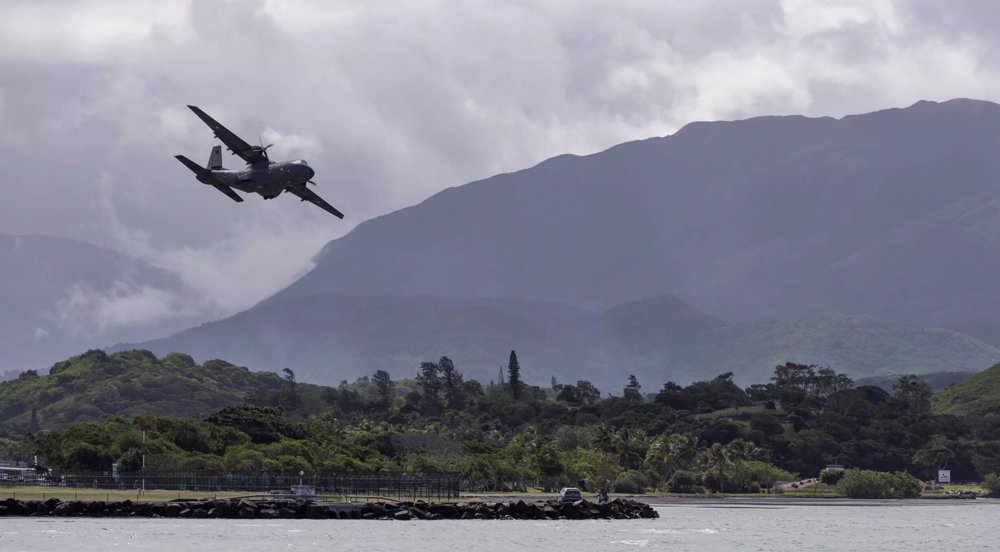
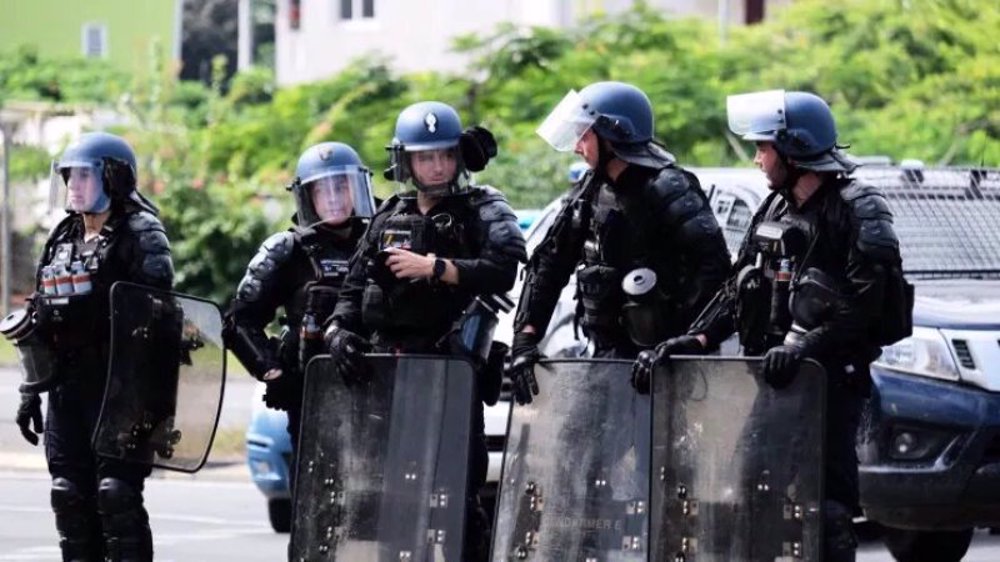

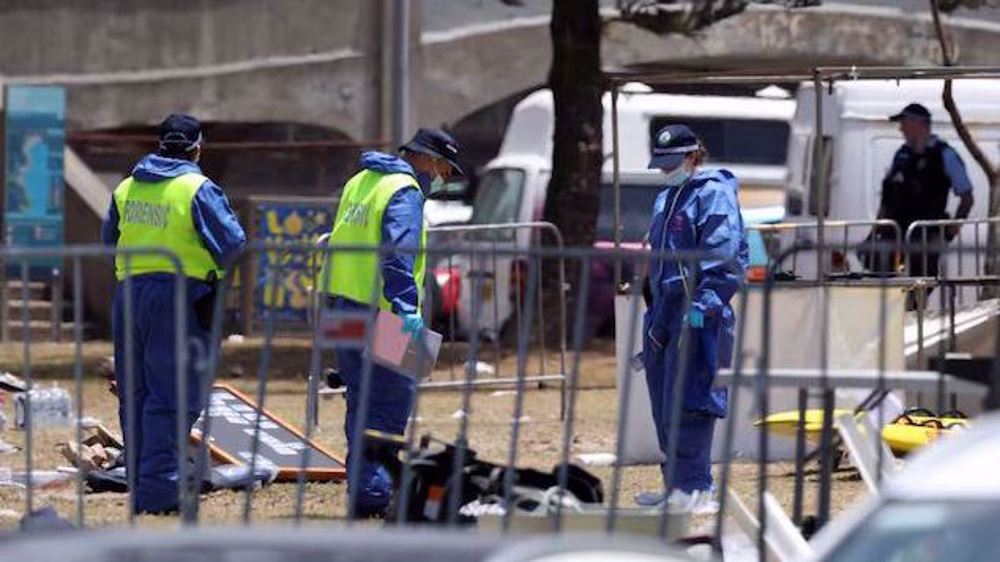
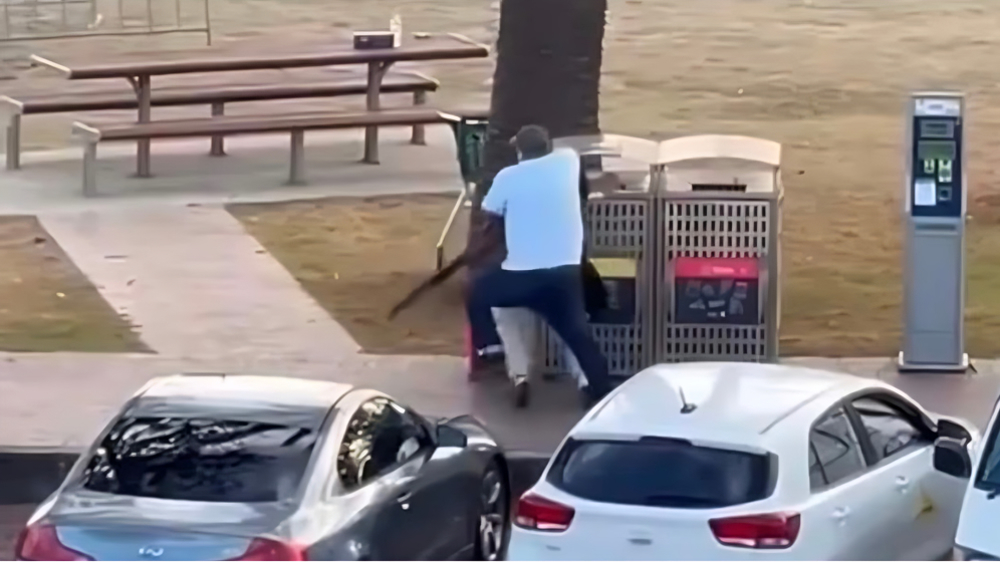



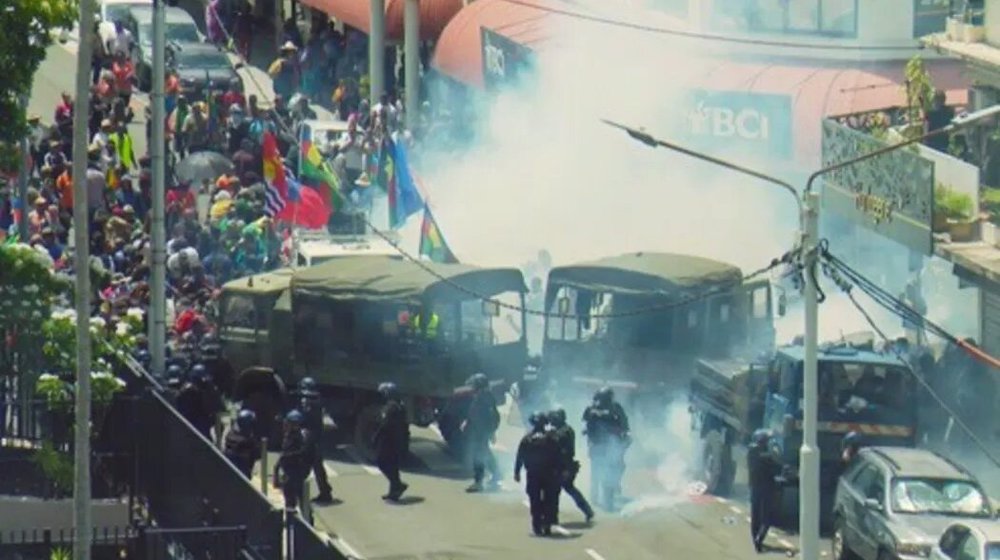
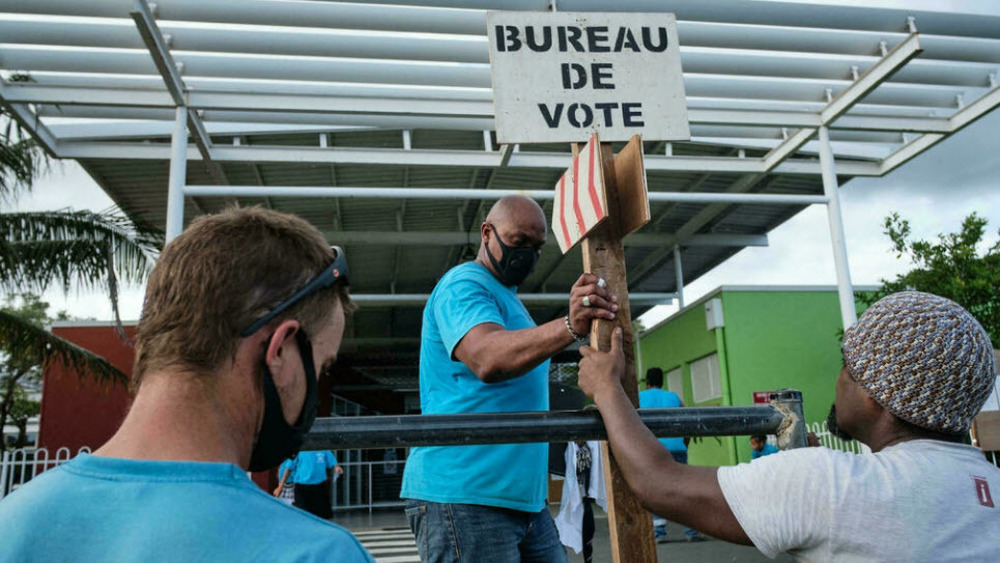
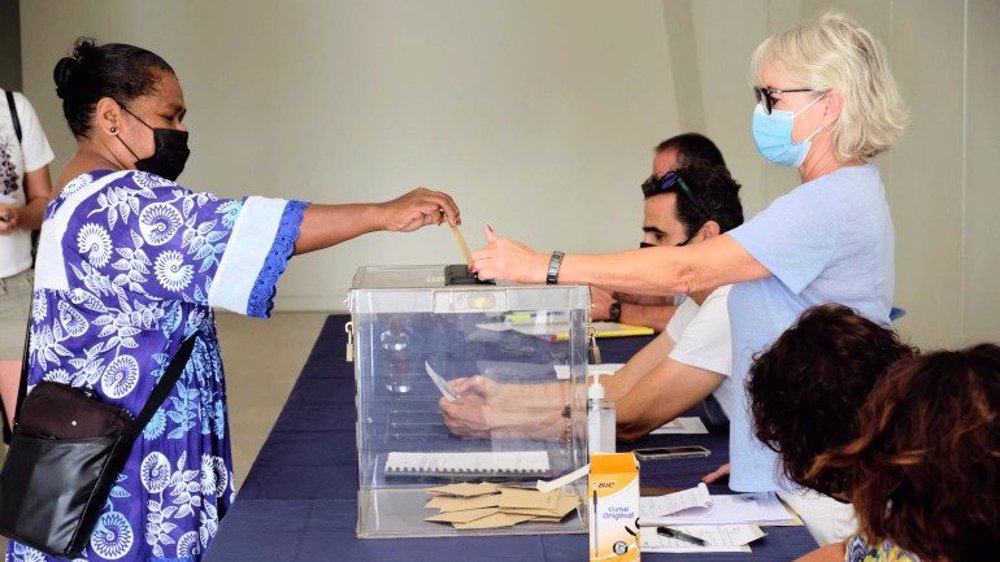
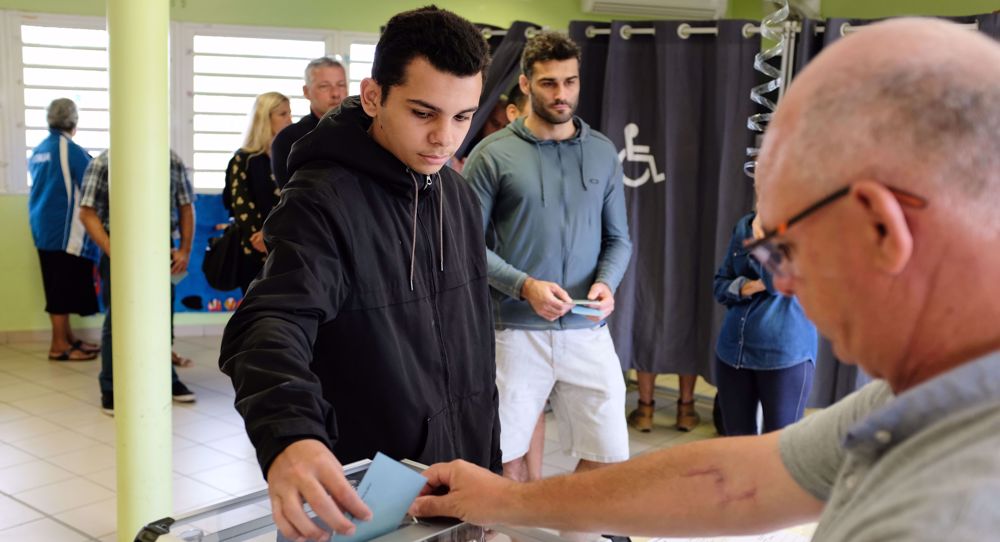





 This makes it easy to access the Press TV website
This makes it easy to access the Press TV website